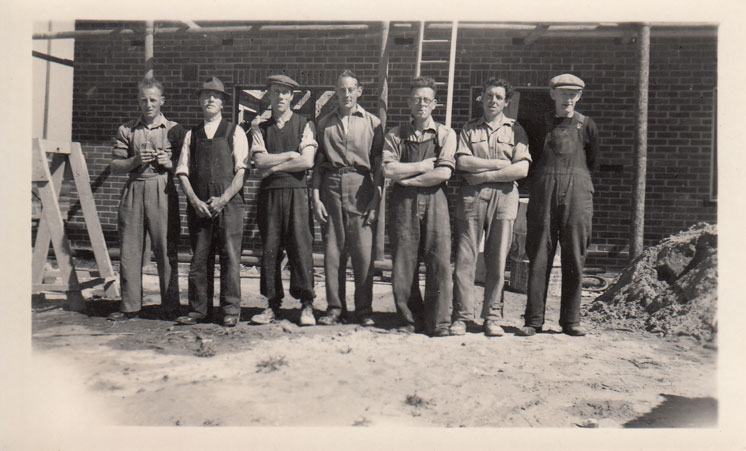
There was a terrible accident at the ropery on Wivenhoe High Street on 19th February 1855, when a boiler exploded. It killed three lads – Henry Browne (aged 14), John Jerrett (19) and William Southgate (14).[1]These three boys appear in the burial register for Wivenhoe, 1813-1859. Henry was the son of William Browne, who owned the business. John and William were employed by Captain Jerrett of Liverpool (in fact, John was his son), and they were on the premises because they were assisting in the fitting of some rigging on Jerrett’s ship. It is thought the lads were standing by the boiler for warmth. The explosion caused a huge amount of damage. Poor John Jerrett was, as the newspaper report of the inquest said, “completely dismembered” and Henry and William were carried through the roof.[2]Essex Standard, 23rd February 1855. The jury recorded a verdict of accidental death, the steam pipe having frozen and the boiler being empty of water – a faulty “float” had shown it to contain water when it did not. They made recommendations about boilers having gauges fitted, “precautions which they earnestly recommended all owners of steam-engines to adopt, with a view to the safety of those in their employ.”[3]Essex Standard, 23rd February 1855
Although this accidents happened in the past, we still hear about tragedies in the workplace even today. The most horrifying, perhaps, was the 2013 collapse of the Rana Plaza clothing factory in Bangladesh, which killed over 1,000 workers and injured about 2,500.
So, on Workers’ Memorial Day, spare a thought for those who died just doing their jobs. And think about your own workplace – do you think there are dangers there which could be addressed to improve your safety? Are there areas which you think pose a danger to your health and those around you? It is thought that across the world, each year over two million men and women die due to workplace accidents and illnesses.
Find out more about Workers’ Memorial Day from the Trades Union Congress.
